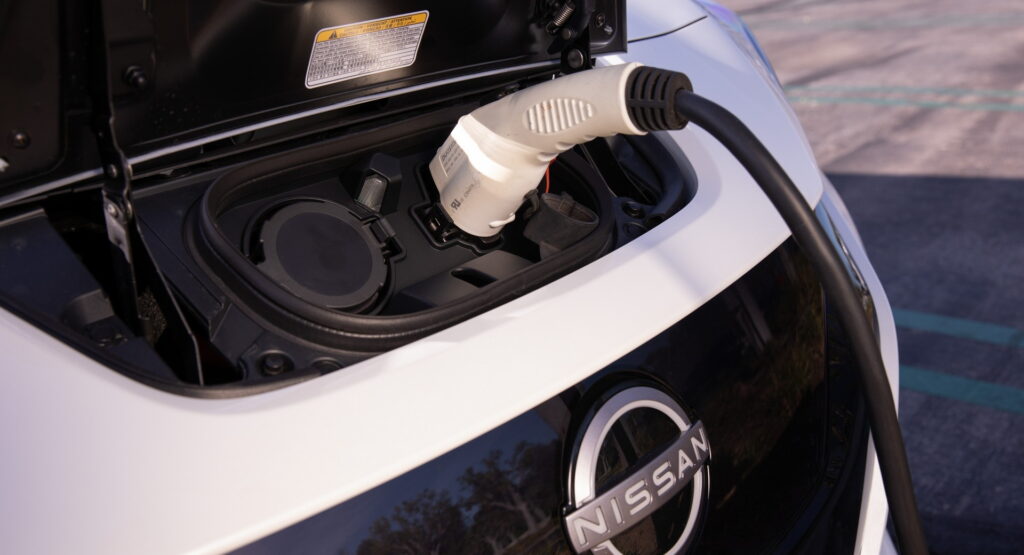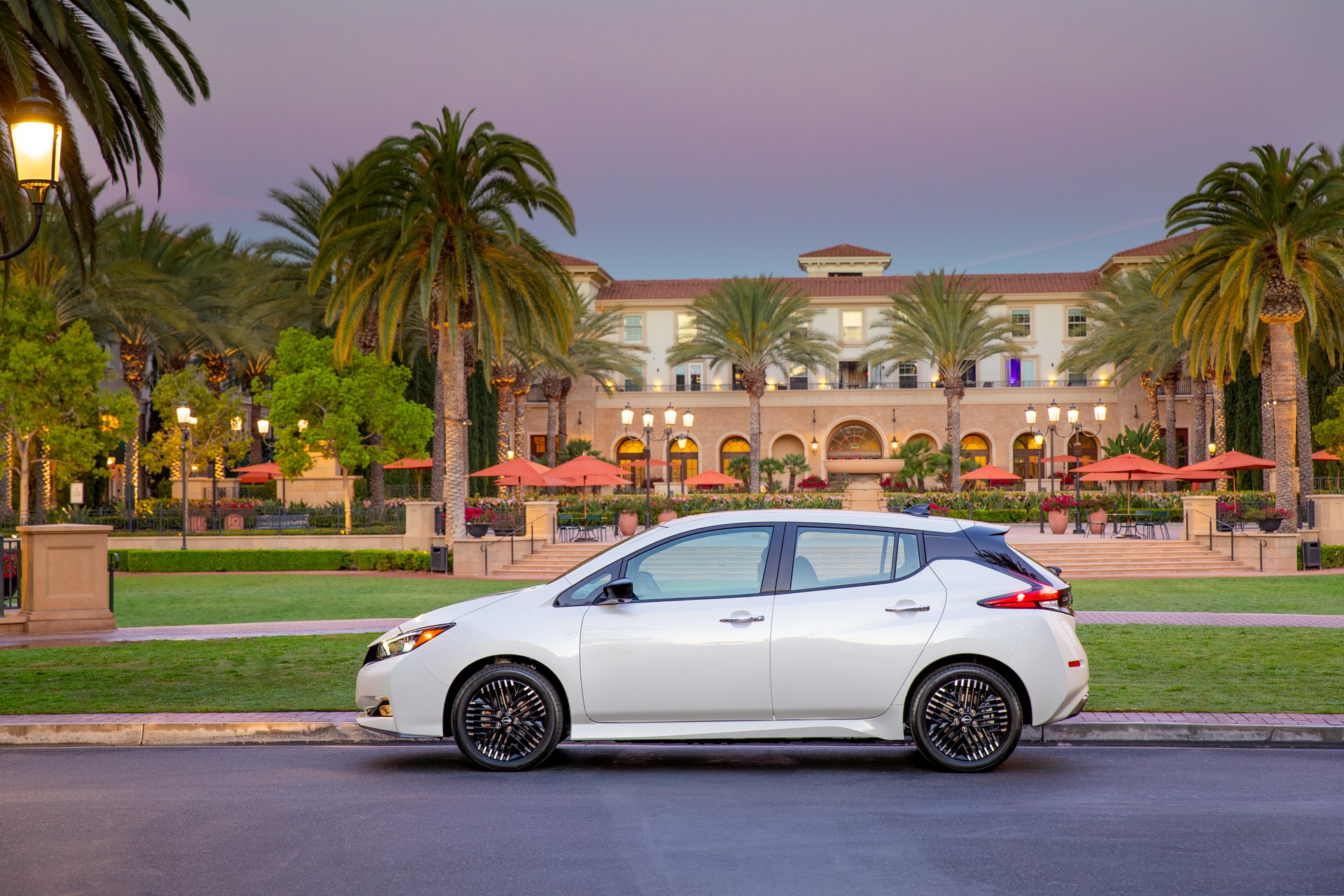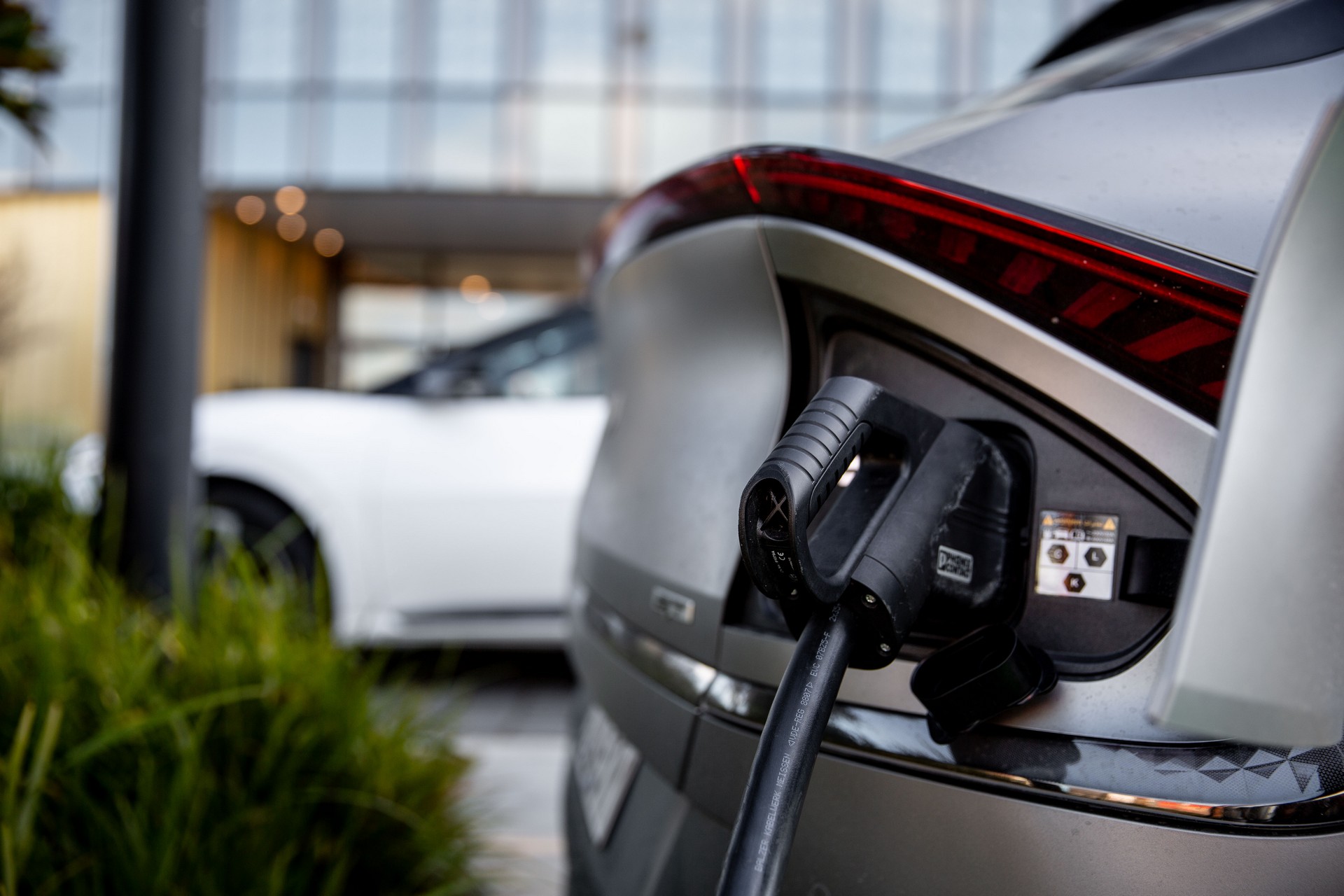EVs have long since begun to take over the roads. But while many are eager to try out the new tech, the interwebs are filled with seemingly twice as many naysayers who (often rightly) point out the many drawbacks relating to recharging and a lack of infrastructure.
And it would seem one new EV owner from Colorado may just have proved the naysayers right. Although, by his own admission, user error was part of the problem, underestimating the existing charging infrastructure and perhaps trusting the manufacturer’s claims was just as much to blame.
Alan O’Hashi purchased a Nissan Leaf as his first electric car and decided to put it to the test by taking it on a 2,600-mile road trip across Wyoming. He set off, on edge to receive his first taste of EVs, only to discover a grim reality after just 178 miles. It took him 15 hours to complete that route, which would normally take just over two-and-a-half hours.
O’Hashi remarked “I was rudely awakened when I determined that the charging wasn’t as rapid as some people would lead you to believe, likely the dealers,” in an interview for Fox Business. Later, he published his travel journal in the book “On the Trail: Electrical Vehicle Anxiety,” which addresses the hardships of making long-distance road journeys in EVs. Granted, at the time of writing it only had two reviews on Amazon, with one reviewer critiquing O’Hashi for buying the “wrong electric car.”
Read: All 50 US States Get Green Light For Massive Building Project of EV Charging Stations
Still, O’Hashi isn’t alone. Rachel Wolfe from The Wall Street Journal is yet another intrepid traveler who hit the road to explore the marvels of EVs. After renting a brand new Kia EV6, she settled on traveling from New Orleans to Chicago and back. She estimated four days with about seven and a half hours of driving each day based on the 310-mile battery range.
Nevertheless, Wolfe revealed that she ended up charging the car more than she did sleeping. In her op-ed, she mentioned that “To be considered ‘fast,’ a charger must be capable of about 24 kW. The fastest chargers can pump out up to 350 [kW]. Our charger in Meridian [Mississippi] claims to meet that standard, but it has trouble cracking 20 [kW].”
In September, the US Department of Transportation granted approval for new electric vehicle charging station plans submitted by all 50 states, with $5 billion being allocated by the Biden administration. But the majority of these chargers will be of the Level 2 variety, and not the Level 3 fast chargers that can top up vehicles in as little as 15 to 45 minutes.
Does this mean that going on those long road trips is either going take a lot longer than anticipated, or will larger or more efficient batteries with improved ranges have to fill in the gaps?






